Have you ever watched your cat chase a laser pointer and wondered, 'How many more years of this delightful mischief do we have together?' If you're a cat parent, the question, "How long does a cat live?" has probably crossed your mind. After all, your feline friend isn't just a pet; they're part of the family.
And like any family member, you want to ensure they live a long, healthy, and happy life.
In this article, we get into the factors influencing a cat's lifespan, the disparity between indoor and outdoor cats' life expectancy, and tips to enhance your cat's longevity.
With this knowledge in hand, you can navigate your cat's life journey with confidence, fostering a lasting bond and creating cherished memories.
Factors Influencing A Cat's Lifespan
Just like humans, a cat's lifespan can be influenced by various factors.
These can range from their breed and living conditions to their diet and access to regular veterinary care.
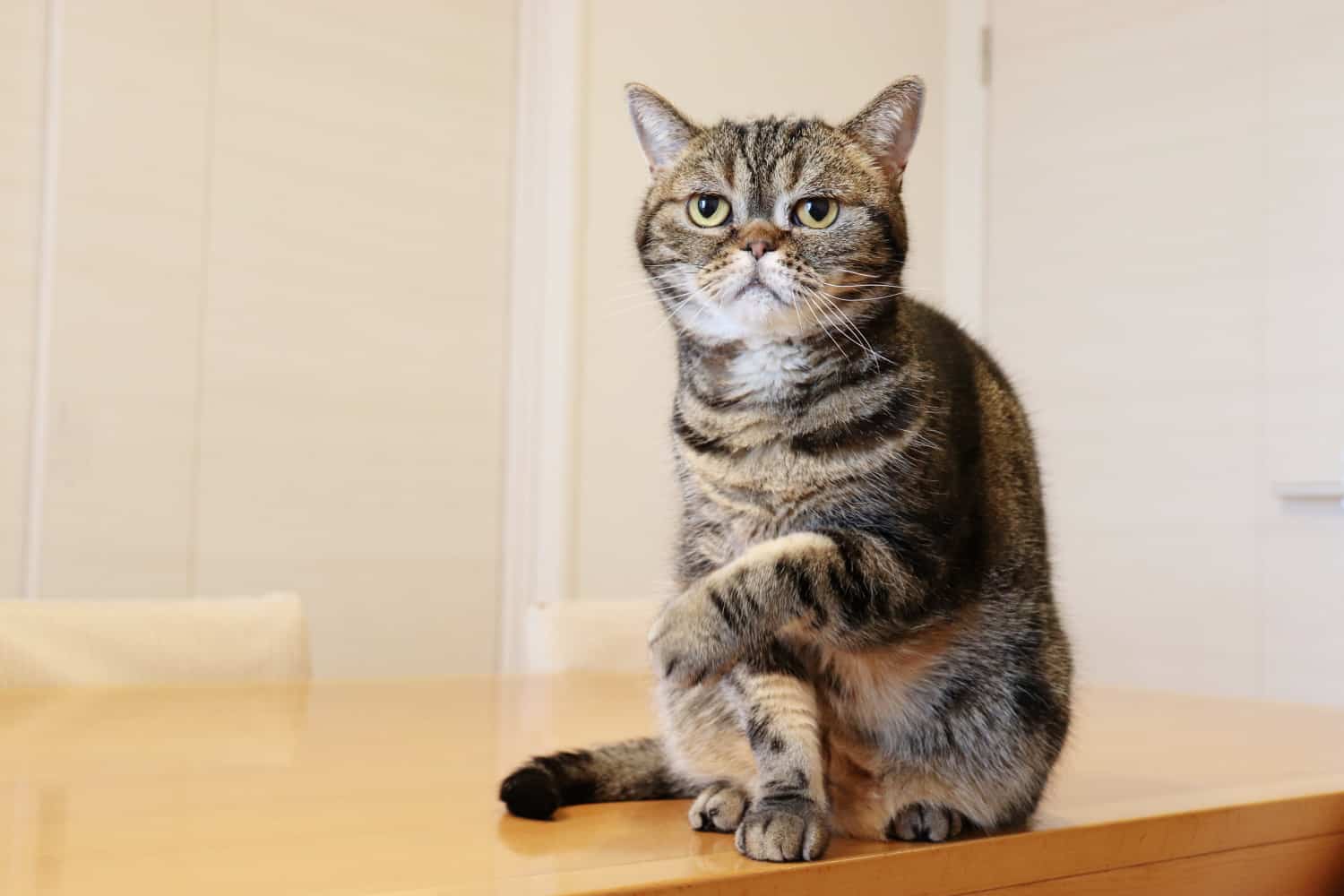
Understanding these factors can help you make informed decisions about your cat's care and lifestyle, ultimately contributing to their longevity.
Breed
Different cat breeds can have varying average lifespans due to their unique genetic makeup and predispositions to certain health conditions.
Here are a few examples:
Siamese and Persian Cats
These breeds are known for their longevity, with many living into their late teens or early twenties.
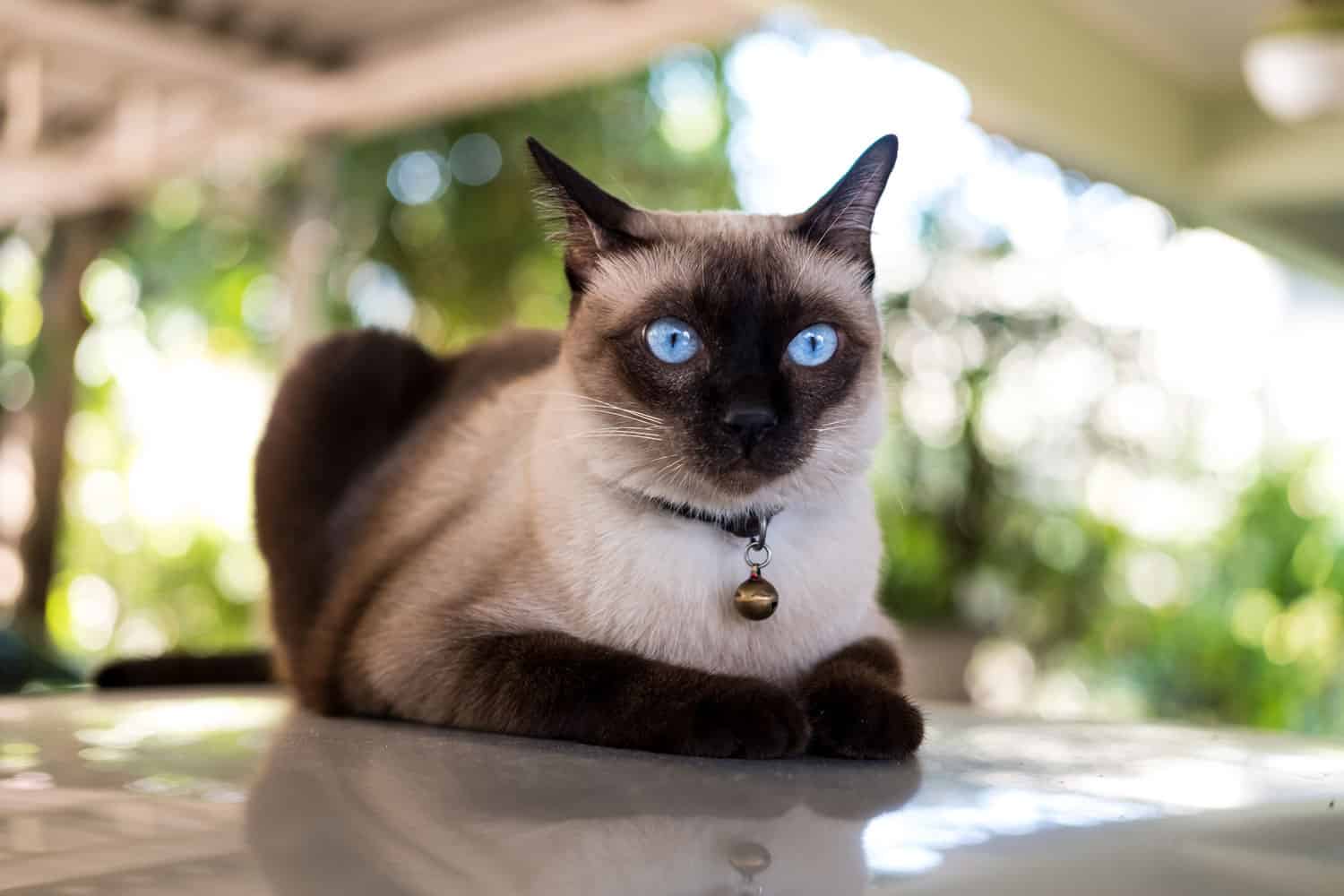
However, they are also prone to certain genetic health conditions that can affect their quality of life.
Maine Coon Cats
These large cats have an average lifespan of 10-13 years.
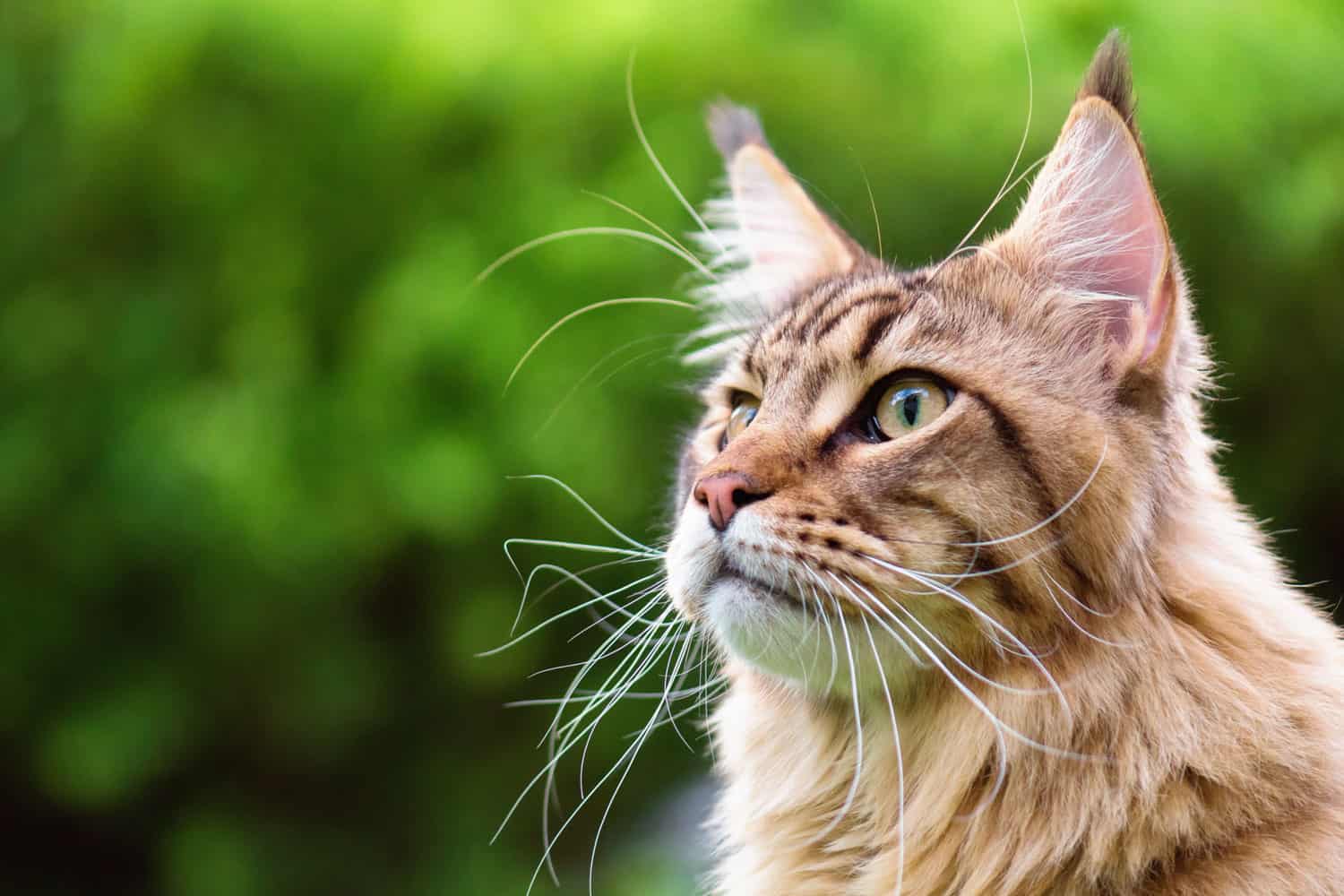
They are generally healthy, but some are prone to genetic conditions like hip dysplasia and hypertrophic cardiomyopathy.
Ragdoll Cats
Ragdolls are known for their docile nature and can live anywhere from 12-15 years on average.
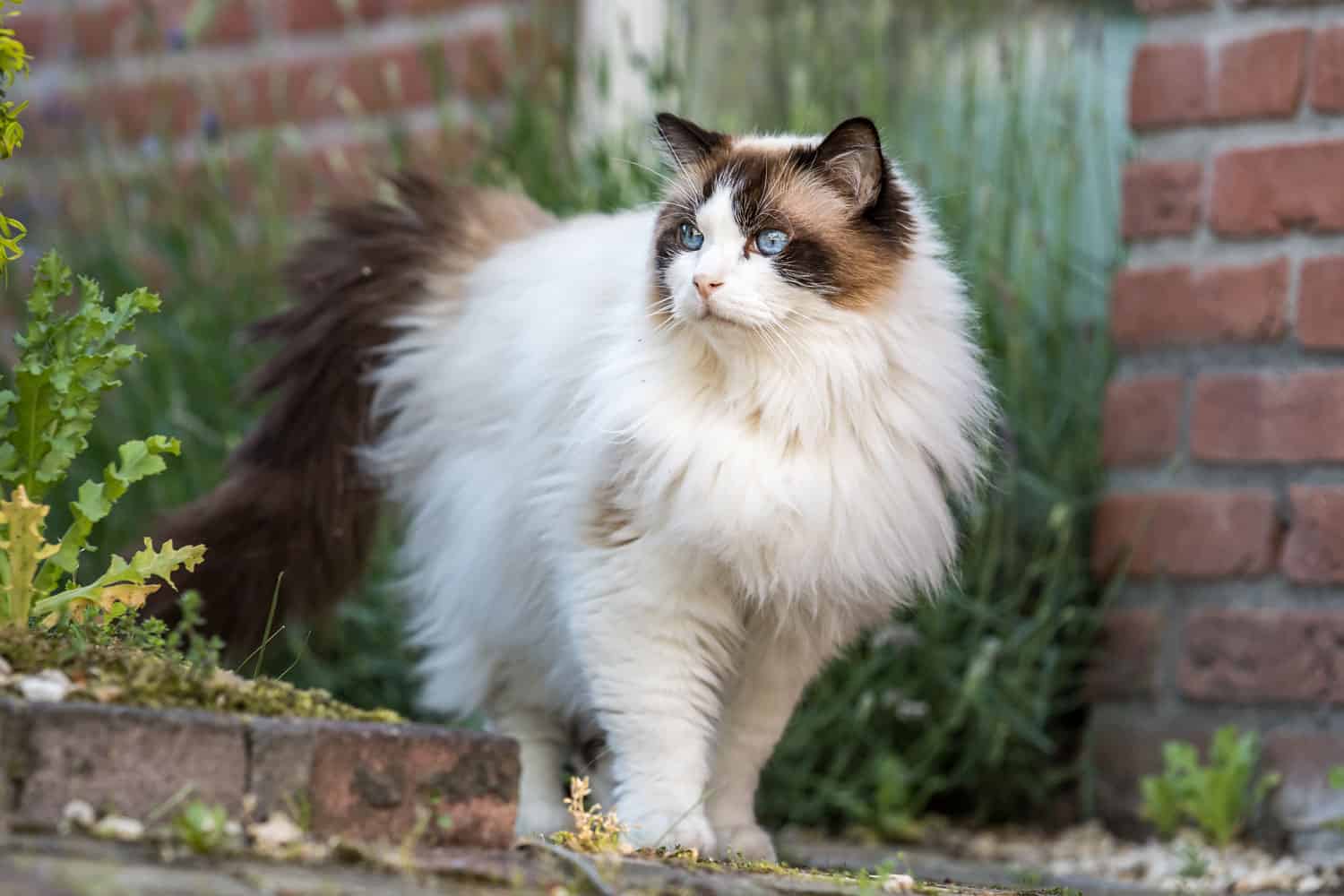
They are prone to certain genetic conditions, including hypertrophic cardiomyopathy.
Abyssinian Cats
Abyssinians are generally healthy cats with a lifespan of 9-15 years.
However, they can be prone to certain genetic conditions, including a retinal degeneration disease known as rdAc.
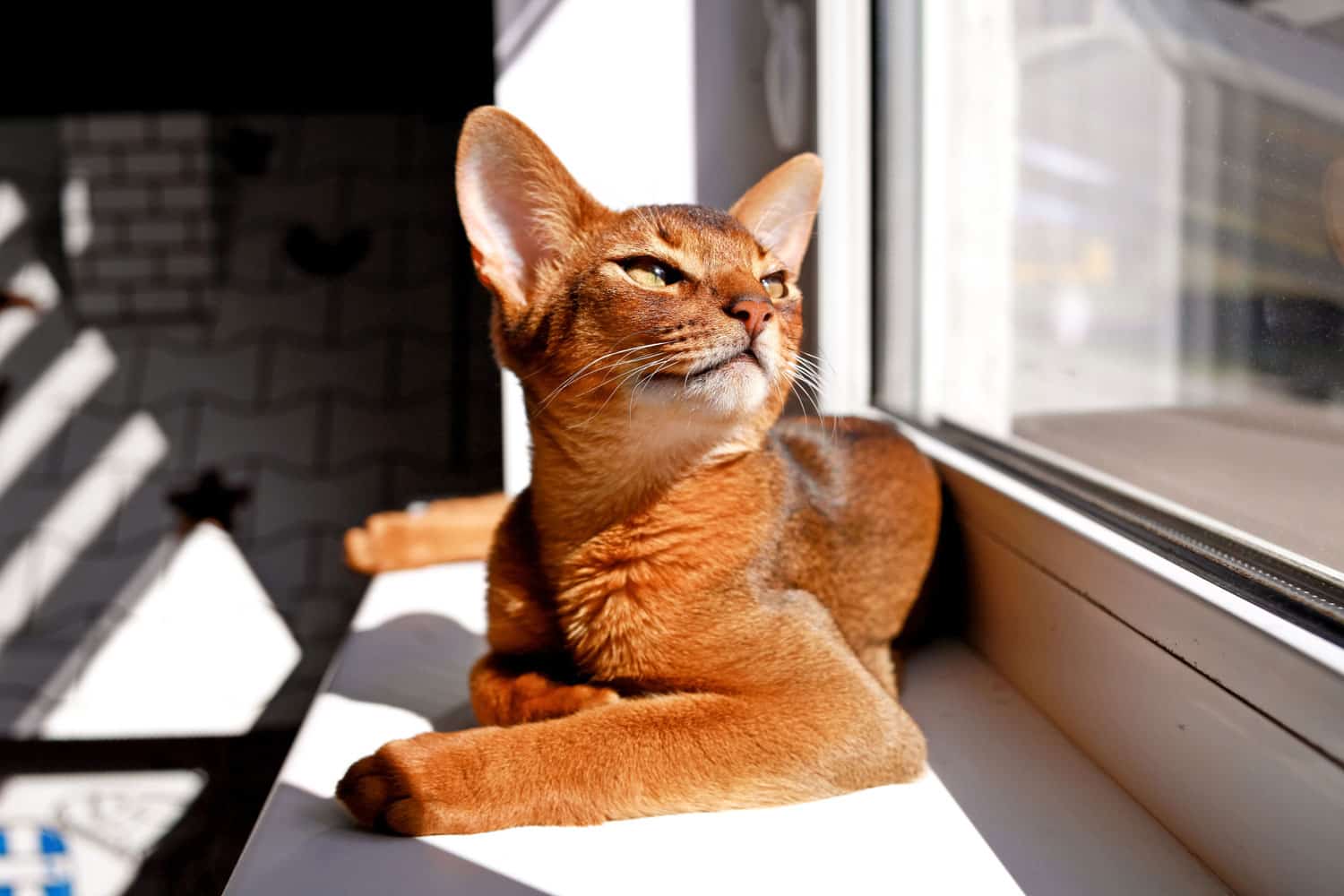
Remember, these are average lifespans and individual cats may live longer or shorter lives based on various factors including their overall health, care, and living conditions.
Indoor vs. Outdoor
A cat's living environment can greatly impact their lifespan. Typically, indoor cats live longer than outdoor cats.
Indoor cats are less exposed to risks such as accidents, fights with other animals, and diseases.
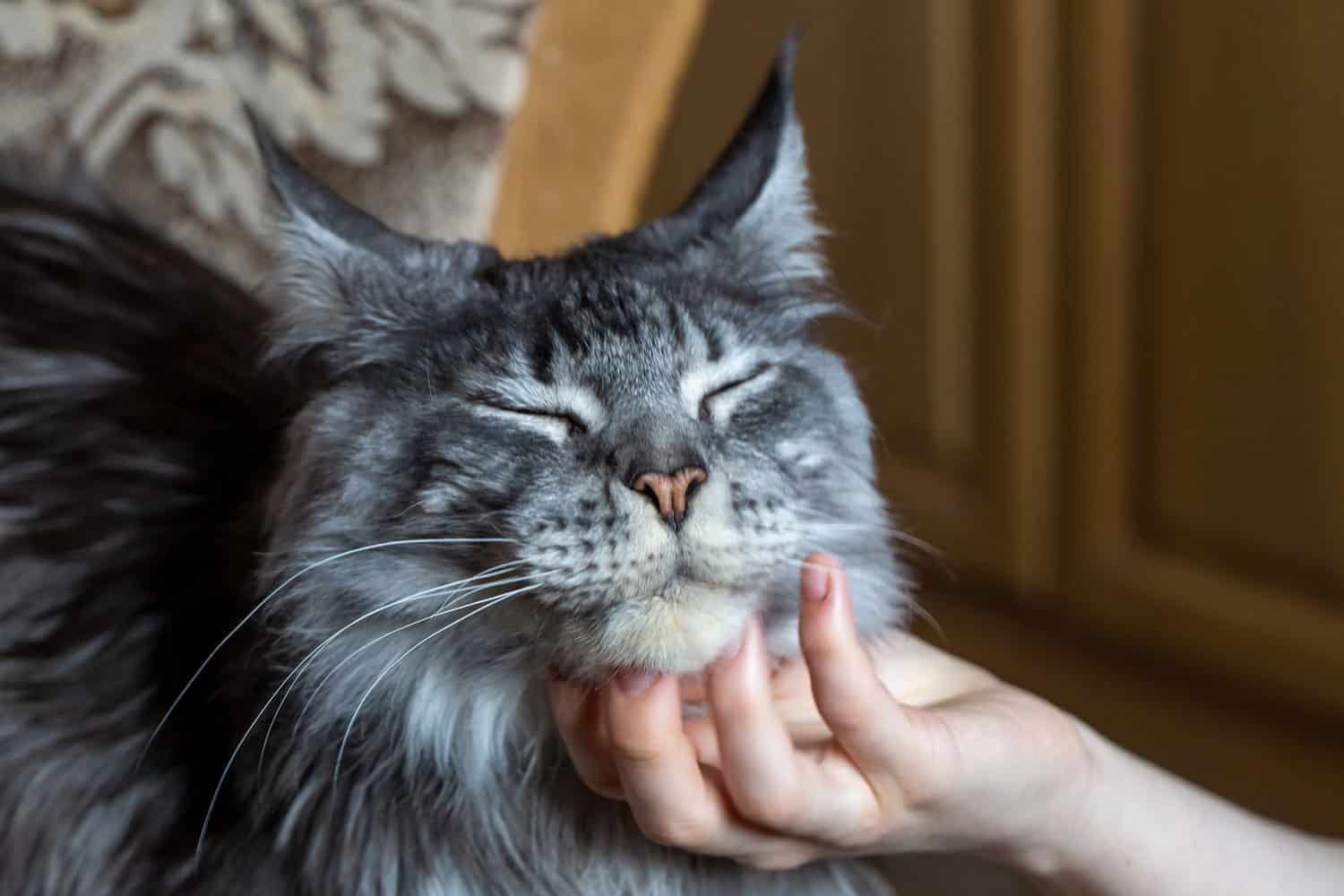
They are also less susceptible to parasites and harsh weather conditions.
Indoor cats often live to be 12 years or older, with many reaching into their early 20s.
The oldest recorded age for a cat is 38 years! However, these are exceptional cases.
On average, a well-cared-for indoor cat can live for around 13 to 17 years.
Diet and Nutrition
A balanced diet is crucial for maintaining your cat's health and longevity.
High-quality commercial cat foods contain the essential nutrients your cat needs at different life stages.
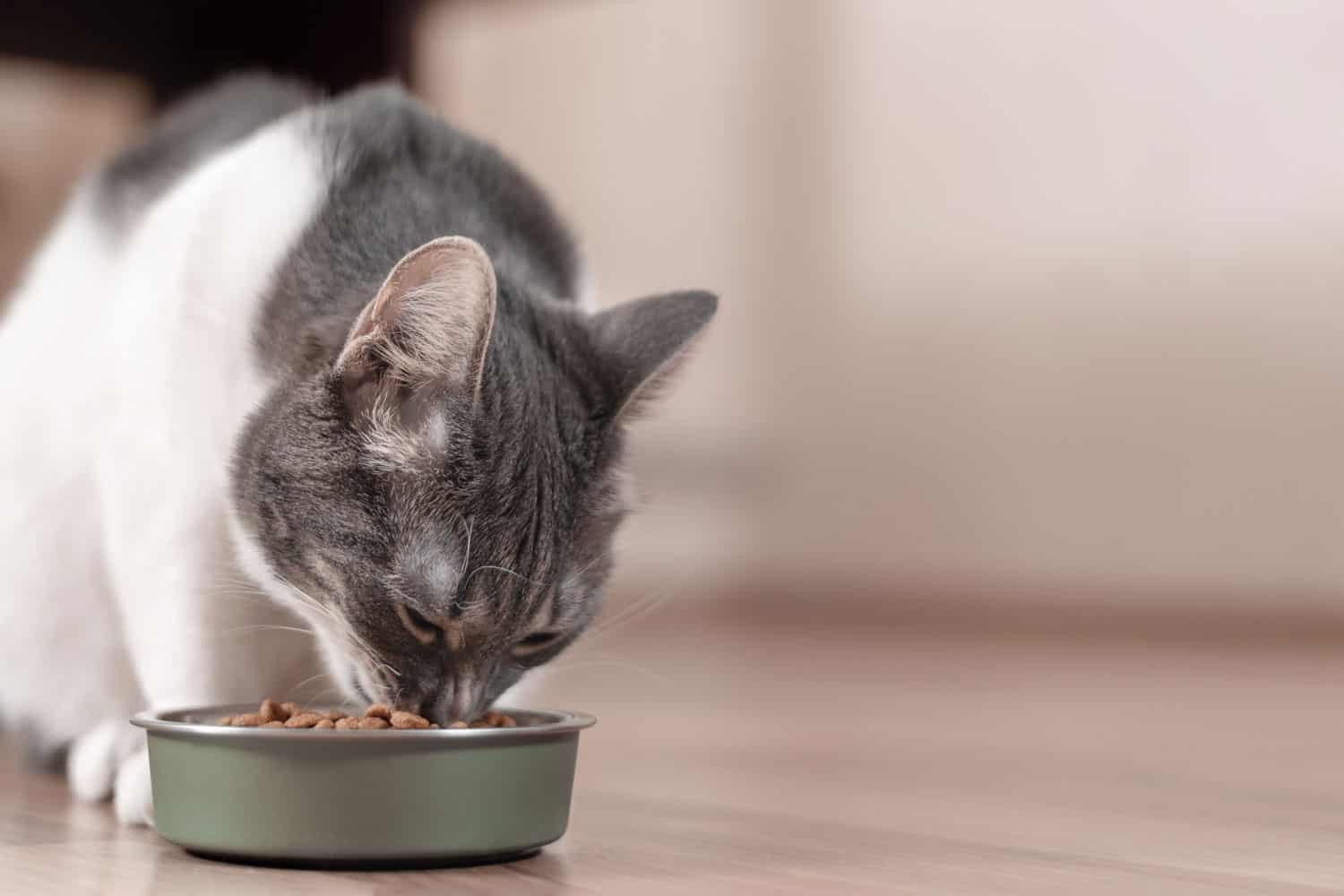
Be sure to select a diet specific to your cat's age, as nutritional requirements change throughout their life.
Feeding your cat a well-balanced diet, rich in appropriate vitamins and minerals, will help prevent health issues and contribute to a longer, healthier life.
Exercise
Physical activity is vital for keeping your cat in top shape.
Regular playtime and exercise not only help manage your cat's weight but also provide mental stimulation, reducing stress and behavioral issues.

Engage your cat with various toys and interactive games, ensuring they remain active and satisfied.
Veterinary Care
Regular check-ups and preventive care are essential to maintaining your cat's health.
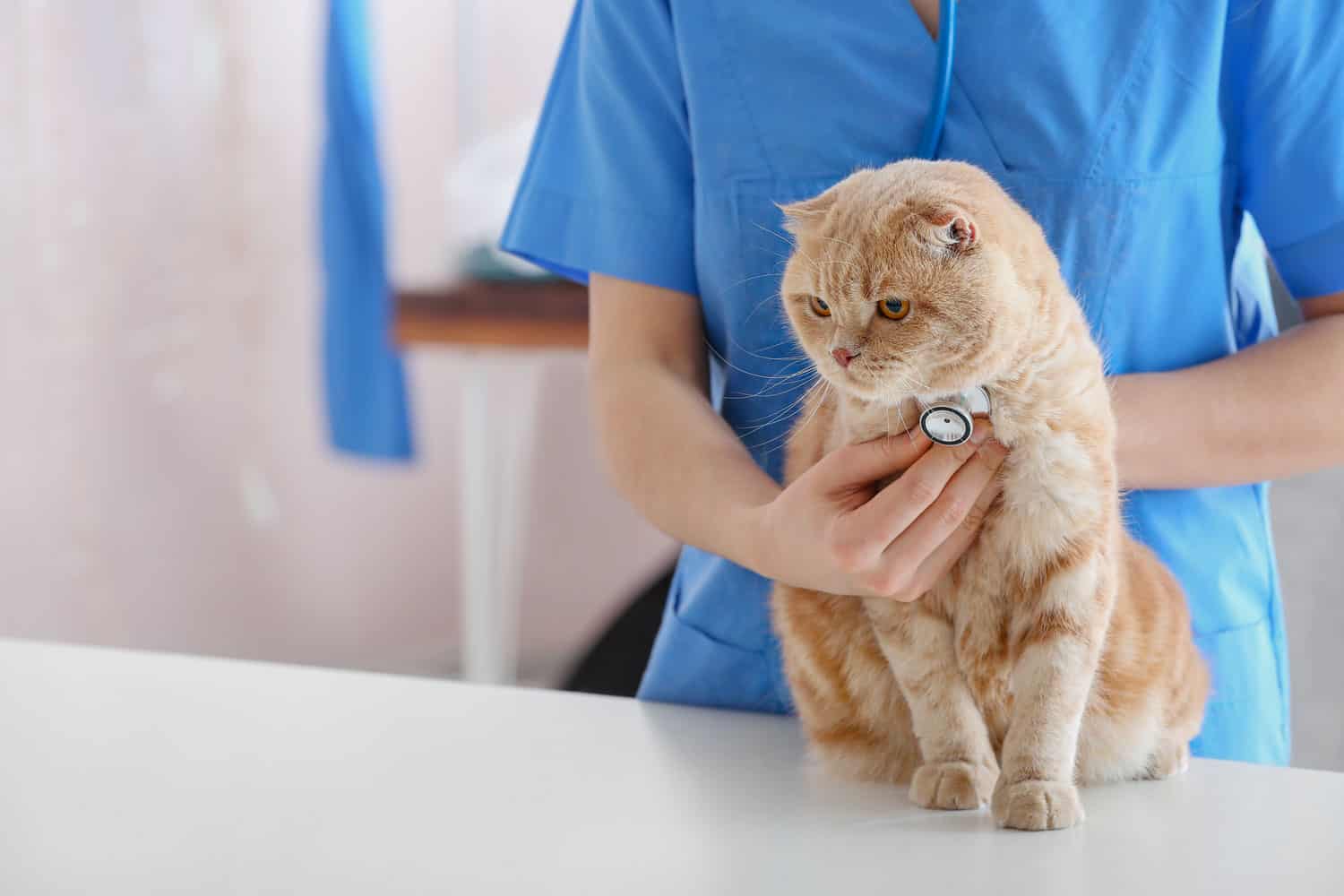
By taking your cat to the veterinarian for routine examinations, vaccinations, and preventative treatments, you'll catch potential health problems early on.
Early detection and timely intervention can often make a significant difference in your cat's quality of life and longevity.
Understanding the Cat's Life Stages
To better care for your feline friend, it's important to understand the various life stages a cat goes through.
In this section, we'll explore the different stages in a cat's life and the specific needs of cats during each phase.
Kittens
Kittens, who are typically considered those aged from birth to 6 months, are adorable and energetic.
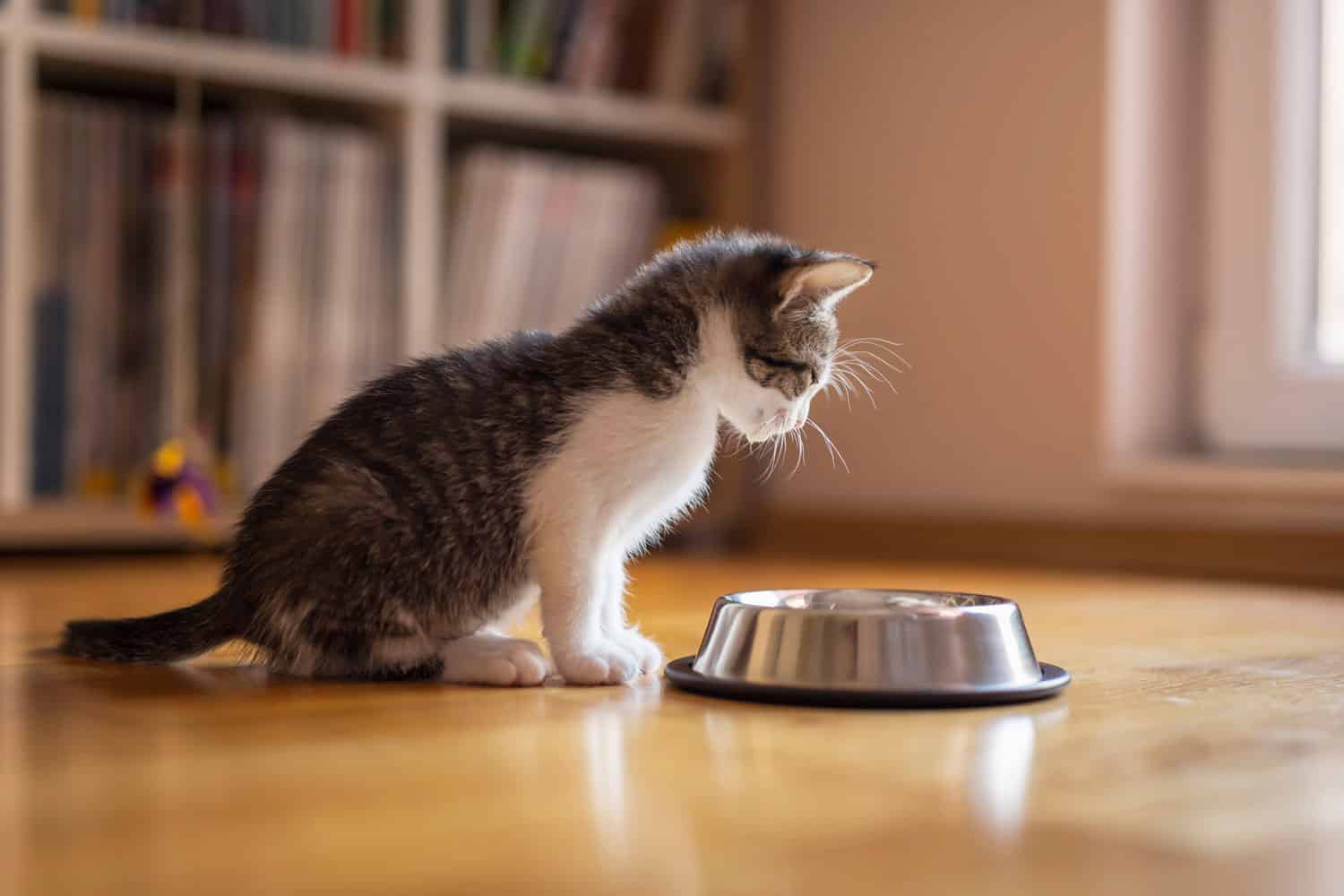
They're growing rapidly, learning critical skills, and developing their unique personalities.
At this stage, they require a high-quality diet tailored to their fast growth and grooming habits that helps them learn self-care behaviors.
In addition, providing your kitten with toys and opportunities for interaction will help them develop essential social skills.
Junior Cats
Junior cats, aged 7 months to 2 years, have reached young adulthood.
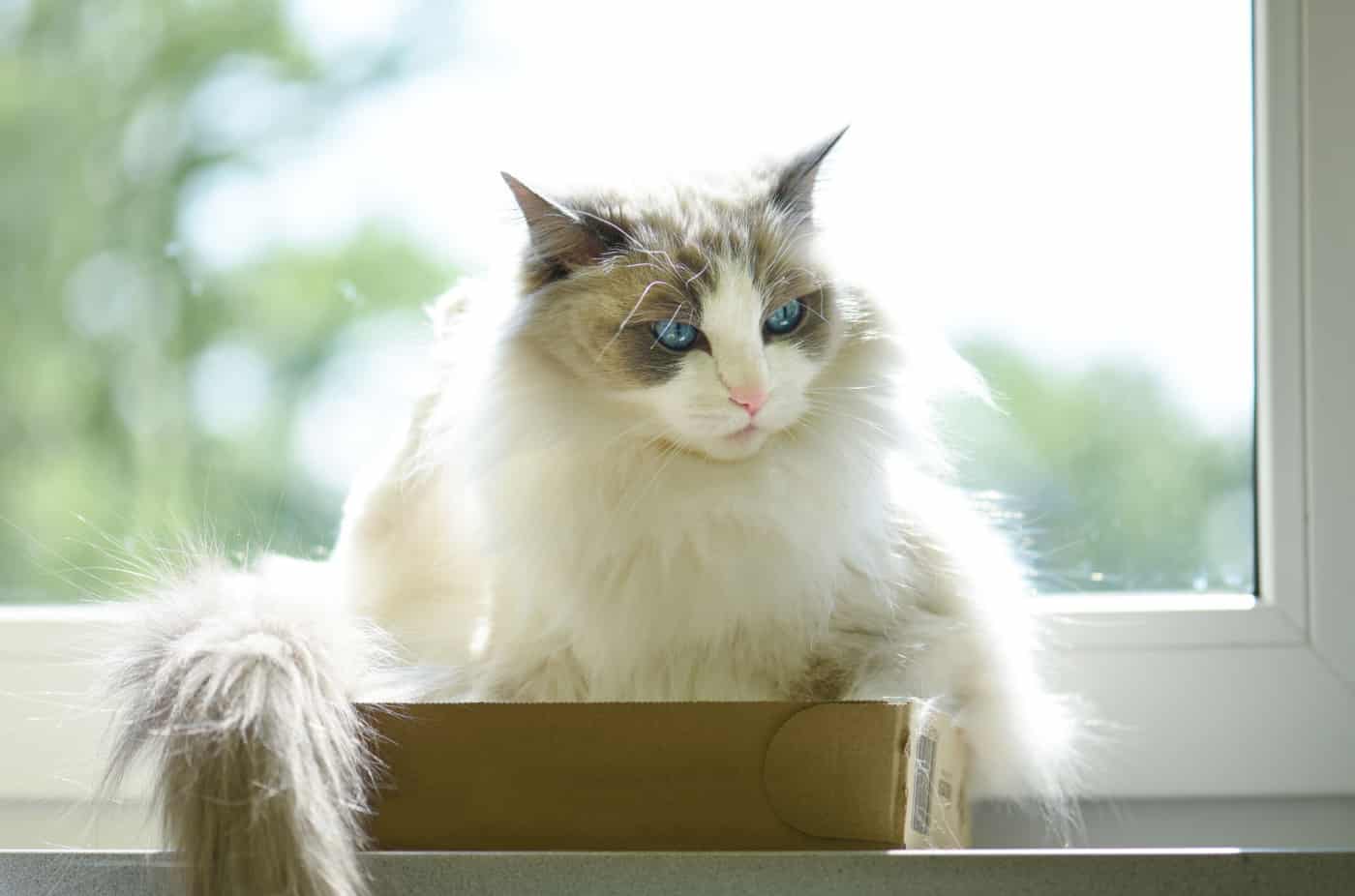
As they transition from kitten to adult, they'll show more independence and settle into their own schedule.
However, they still need proper nutrition, grooming, and regular veterinary check-ups to ensure they remain healthy.
Prime Cats
During the prime stage of a cat's life, from 3 to 6 years, they are at their peak physically and mentally.
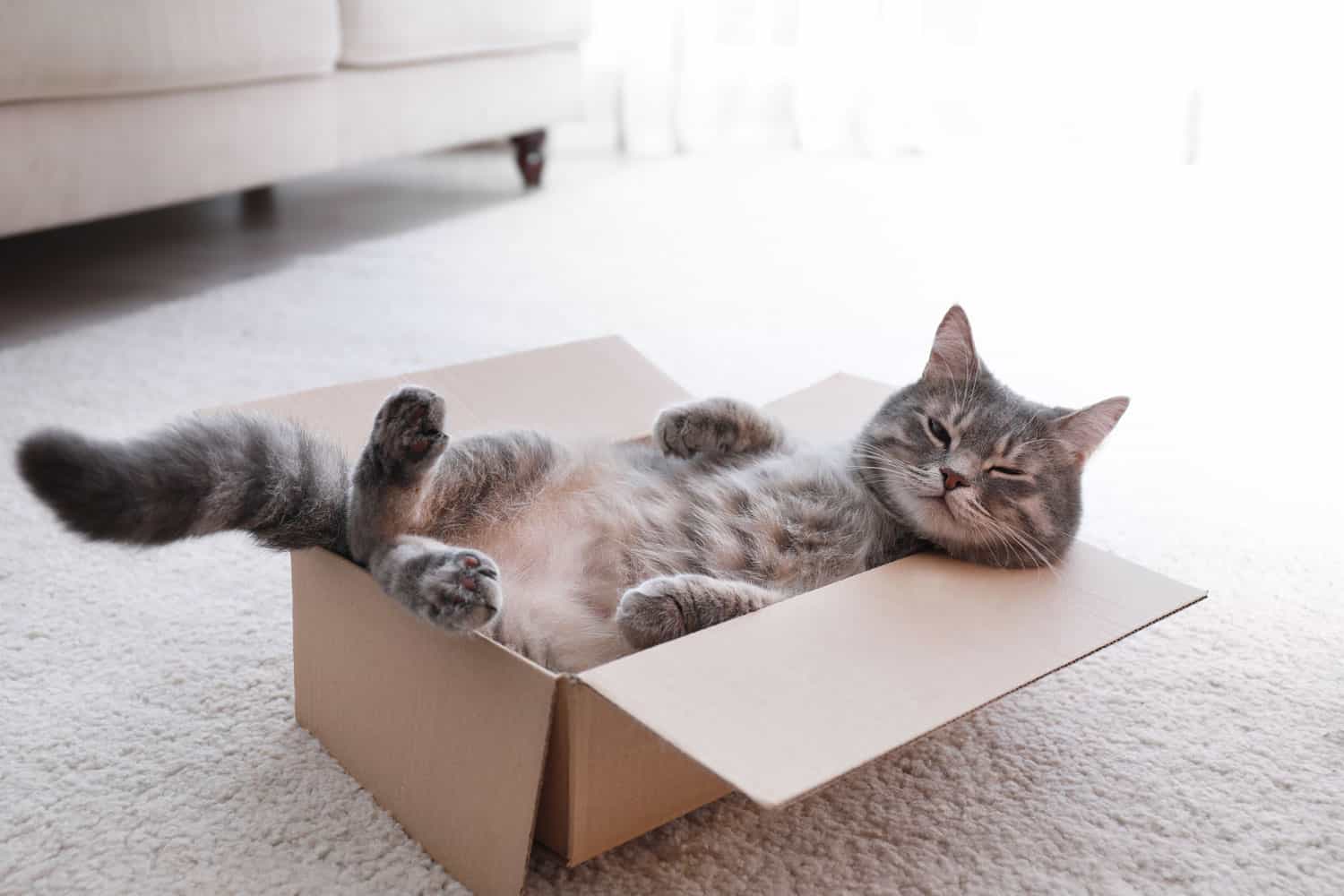
They're generally stable in their temperament, and this is an ideal time to encourage healthy habits like grooming and exercise.
Regular dental care and an appropriate diet can maintain their long-term health and well-being during this phase.
Mature Cats
Cats enter the mature stage between ages 7 and 10.
They begin to show signs of aging with a slow decline in their activity level and become more vulnerable to health issues.
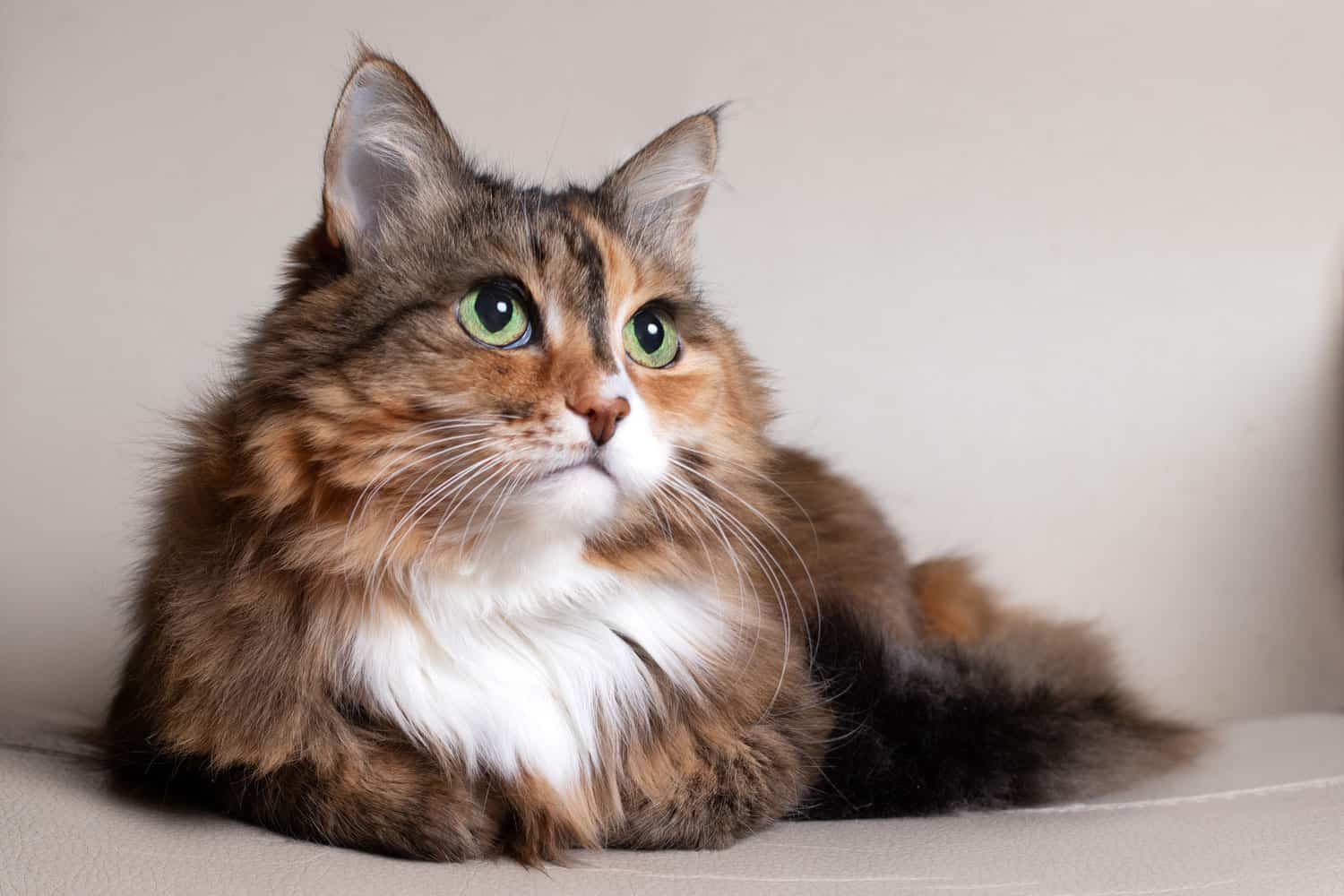
Monitor any changes in their behavior, diet, or grooming habits, and consult your veterinarian if there's a concern.
Regular check-ups become even more important during this stage to keep them healthy.
Senior Cats
Senior cats, aged 11 to 14 years, require more specialized care.
Their diet may need to change to accommodate their specific needs and slower metabolism.
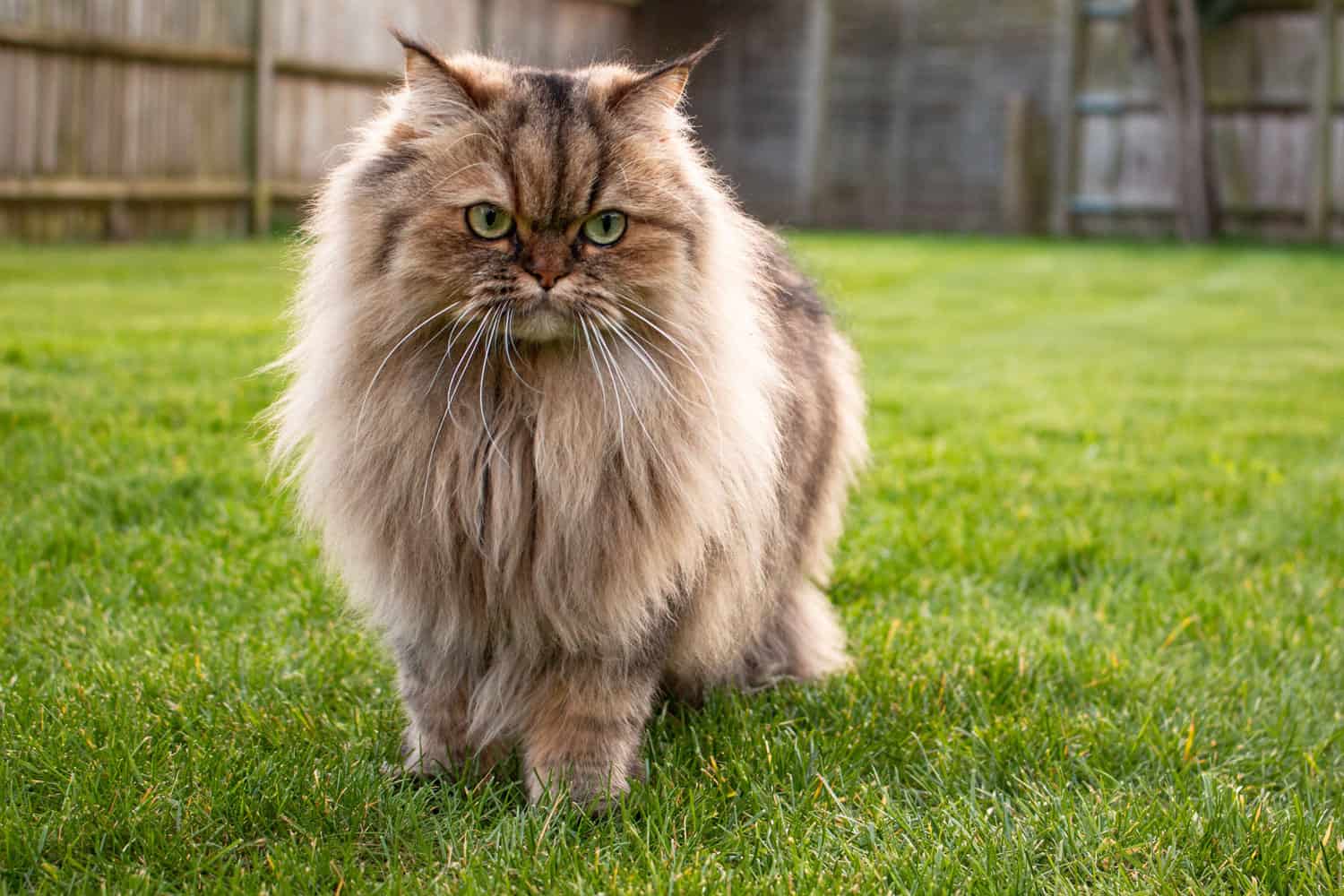
They may also develop signs of cognitive decline, making it crucial to monitor their health closely.
Extra patience and understanding are necessary when caring for senior cats, as they may experience changes in their mobility or grooming habits.
Geriatric Cats
Cats aged 15 years and older fall into the geriatric category, and their care becomes even more focused on their comfort and well-being.
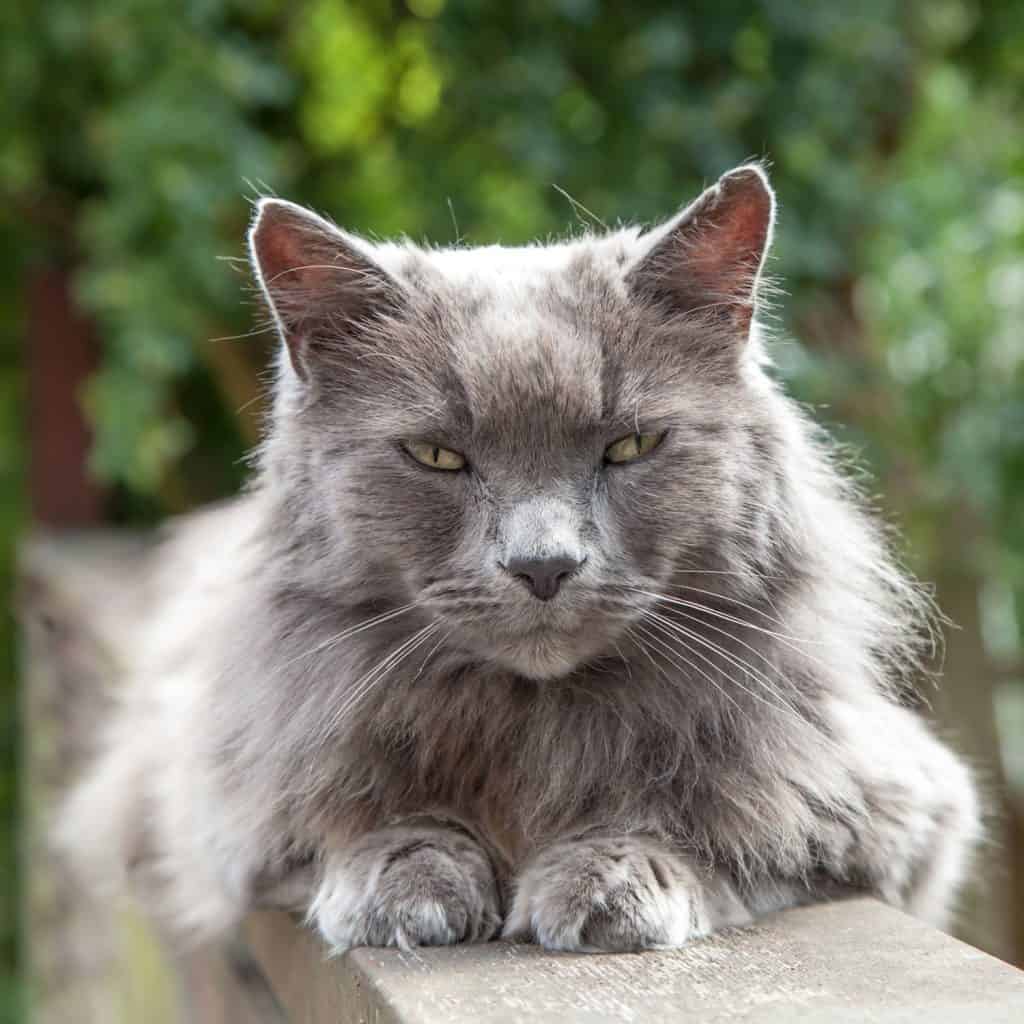
Frequent veterinary check-ups, adjusting their diet, and ensuring their litter box and belongings are easily accessible can make their lives much easier.
Maintaining a loving and supportive environment for your geriatric cat helps them enjoy their golden years.
Common Health Issues in Cats as They Age
As your cat grows older, it's important to be aware of some common health issues that can affect their quality of life.
By understanding these issues, you can take preventative measures and ensure your furry friend receives the necessary care and treatment for a happier, healthier life.
Kidney Disease
Cats are prone to kidney disease, particularly as they age.
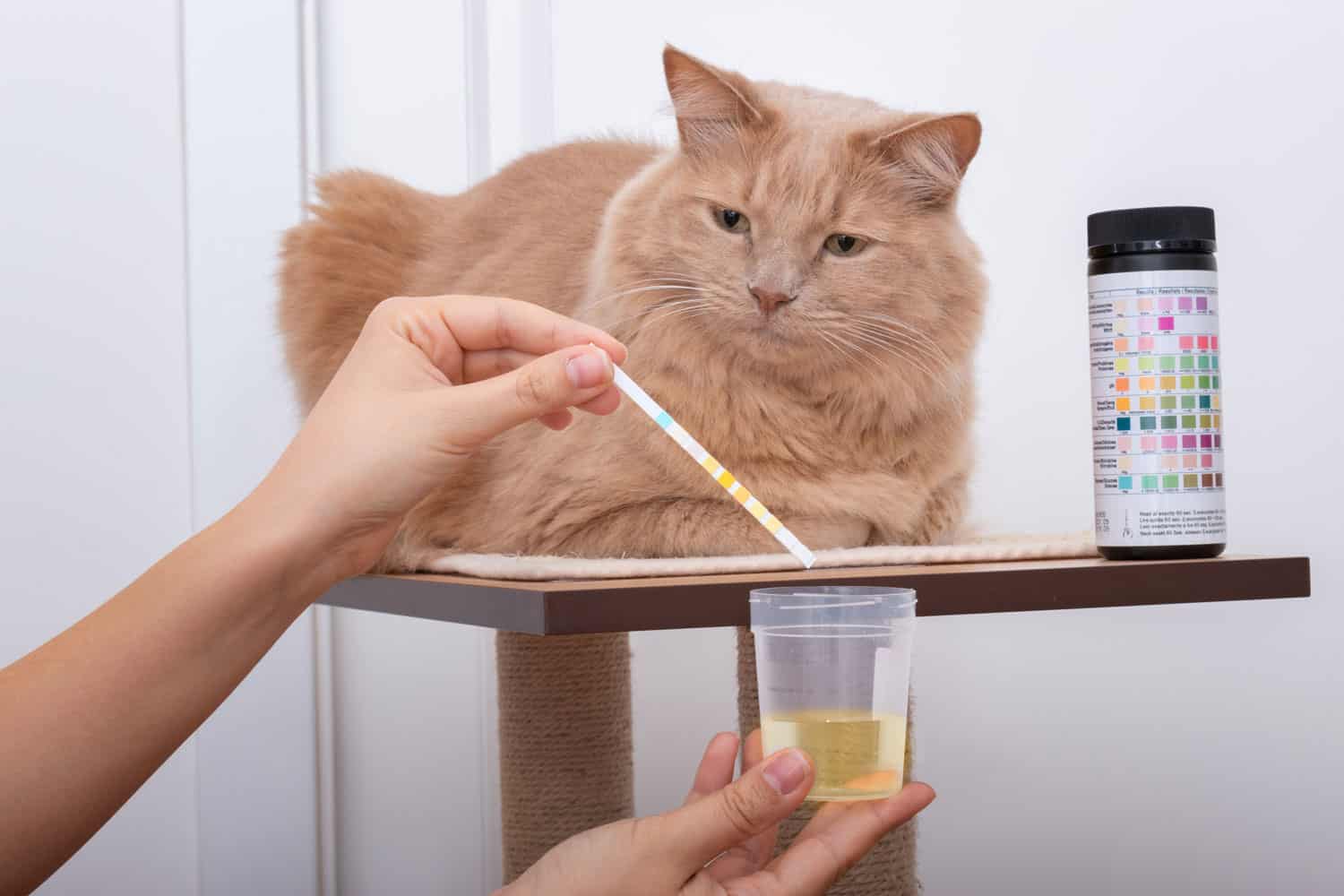
It's essential to keep an eye on any changes in your cat's drinking habits or urination frequency.
If you notice any unusual behavior, contact your veterinarian immediately to discuss a possible kidney disease diagnosis.
Dental Disease
As cats get older, they may develop dental problems such as gum disease and tooth decay.
Regular dental checkups and cleanings can help prevent these issues. Provide your cat with dental chews and consider using pet-safe toothpaste to maintain their oral hygiene.
Arthritis
Age-related joint pain can affect your cat's mobility and comfort level.
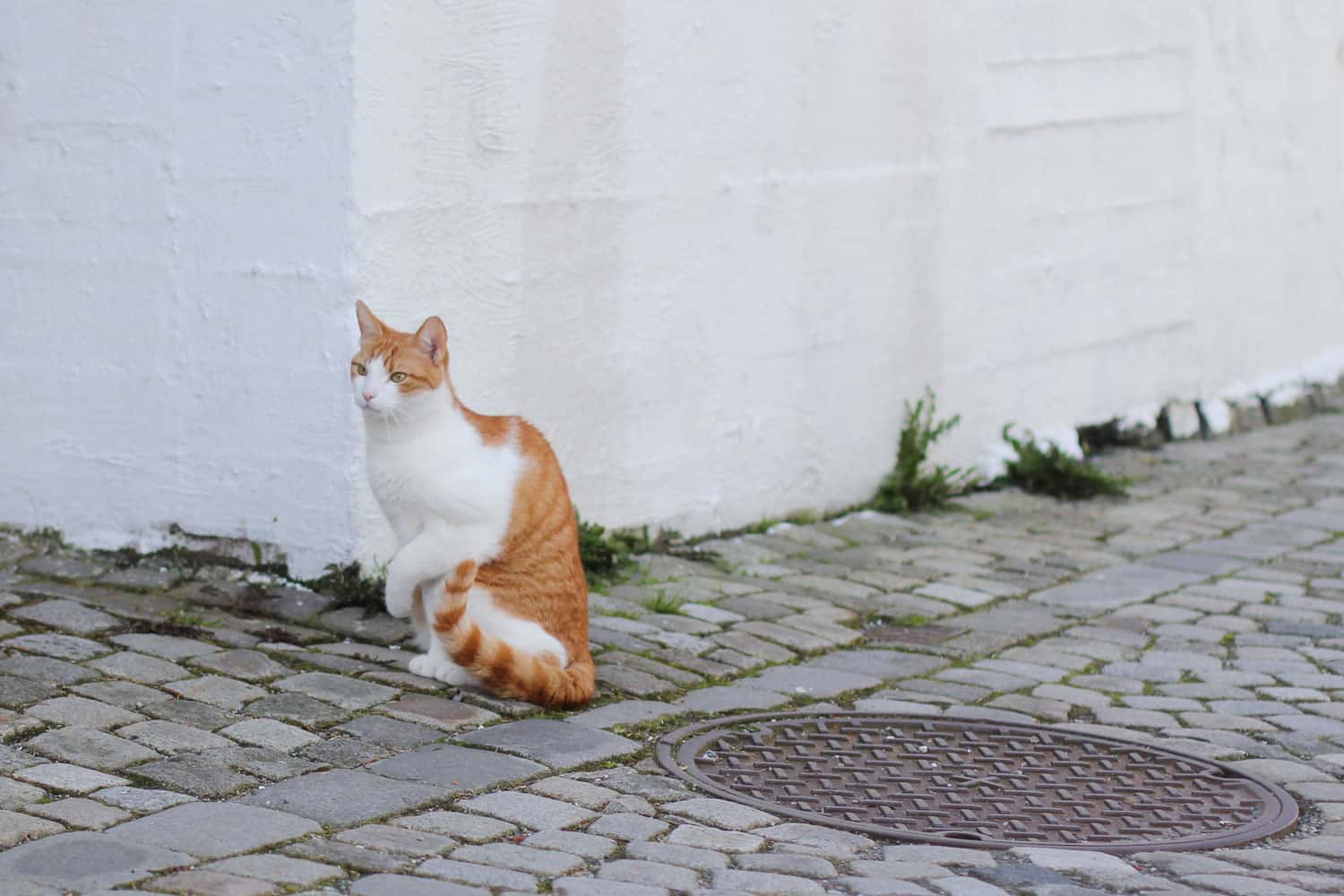
Keep an eye on your cat's movement and provide them with adequate support, like comfortable bedding or ramps to help them access their favorite spots.
Hyperthyroidism
This is a frequent health issue in older cats, caused by an overproduction of thyroid hormones, which can lead to several symptoms such as weight loss, increased appetite, and restlessness.
If you suspect hyperthyroidism, consult your veterinarian for appropriate testing and treatment.
Early detection and treatment are vital for managing these age-related health issues in cats.
Regular veterinary checkups and being observant of any changes in your cat's behavior can help you catch potential problems before they worsen.
World Record Holder for Cat Lifespan
Meet Crème Puff, the Guinness World Records holder for the oldest cat ever, who lived an extraordinary 38 years and 3 days!
Born on August 3, 1967, she significantly outlived the average cat lifespan of 12 to 15 years.
What Was Her Secret?
Her owner, Jake Perry, attributes her longevity to a unique diet of dry cat food, occasional broccoli, eggs, and bacon.
Interestingly, Perry also owned another long-lived cat, Granpa Rexs Allen, who lived to be 34 years old, suggesting that attentive care played a role in their extended lives.
While it might be challenging to replicate Crème Puff's exact lifestyle, her story serves as an inspiration to pay close attention to your cat's diet and overall well-being.
Every step taken towards their health can contribute to a long, happy life for your feline friend. So, cherish every purr-filled moment!
How Long Does A Cat Live: A Paws-itively Hopeful Ending
Cats, especially indoor ones, can live long, healthy lives with the right care and environment.
Factors like genetics, diet, and regular veterinary check-ups play a crucial role in their longevity.
To enhance your cat's lifespan, provide a balanced diet, regular vet visits for early detection of health issues, and a stress-free indoor environment.
Remember, your care significantly influences their well-being.
So, cherish each moment with your feline friend, nurturing their health and happiness for a lifetime of purr-filled memories.
Below, you’ll find more articles that can benefit your cat.
Catnip Bubbles And Your Cat: Addressing The Safety Question
A Complete Guide to Cat Shelves and Why They’re a Must
Some elements on this page may have been created by our team using advanced AI to provide you with top-notch cat inspired ideas. Read more about our AI Content Policy.
